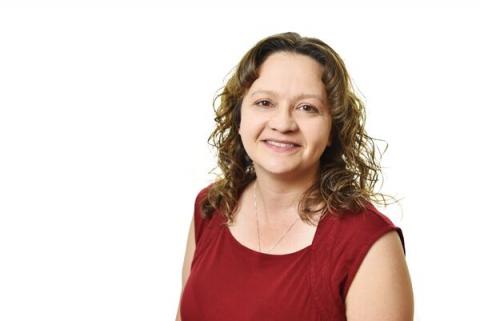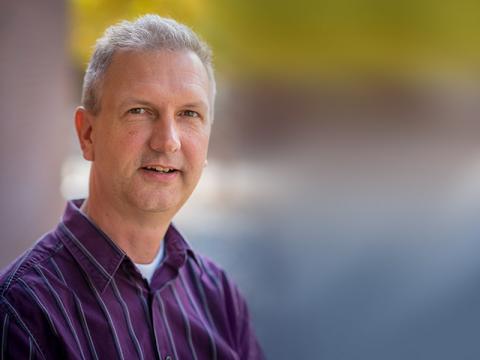Demystifying COVID-19:
A Special Edition
Seminar Series
Demystifying COVID-19:
A Special Edition
Seminar Series
Composite image by Kelly Machart | Pacific Northwest National Laboratory
In 2020, COVID-19 swept the globe and turned life as we knew it on its head. Many questions remain about how the pandemic came to be and how it may continue to affect our lives. In a special edition of PNNL’s Community S&T Seminar Series, we will explore this mysterious new virus complicating our lives. These five talks will leave you with a better understanding of the entire lifecycle of a pandemic—from the pathogen’s initial evolution, to its emergence on the epidemiological stage, to how it spreads among communities, to how we can stop it in its tracks, and more.
In addition to sharing what we’ve learned over the past year, we welcome you to come prepared to ask the questions you still have about COVID-19.
As a bonus, registrants who attend all five talks will receive a digital certificate of completion.
We hope you’ll join us as we tell (at least part of) the story of the largest biothreat of our lifetime.
 Hindsight is 2020 |
We’ve learned a lot over this past year, but let’s start with the basics—is it a cold or COVID? If we’re being honest, it’s a question each of us has probably asked ourselves at least once since the pandemic began. During our inaugural COVID-19 seminar series talk, we’ll discuss the differences in symptoms between a cold, the flu, or COVID-19, in addition to the larger scientific story of COVID-19. What are the dangers, really? What lessons have we learned over the last few months and how does COVID compare to past viral pandemics? What’s left for us to uncover? Download the powerpoint featured in this presentation and watch the full seminar below. |
 What Do Bats Have to Do with It? |
Bats, pangolins, and humans—oh my! This talk will explore the role wild animals play in the emergence of new diseases-- including how they spread, what symptoms they produce in humans, how their origins influence their evolution, and more. You will leave with a better understanding of coronaviruses prior to the COVID-19 pandemic, currently, and what we can prepare for in the future. Download the powerpoint featured in this presentation and watch the full seminar below. |
 Behind the Mask: The Science on Stopping the Spread |
What goes around comes around… unless there are successful preventative measures put in place. From air flow in buildings, to why this disease presents so differently in different individuals, to how long the virus survives without a host-- this talk will center on what we’ve learned about how to best keep our communities safe. It will also delve into some of the strange and sometimes serious health effects that can linger even after the COVID-19 virus has gone, including a loss of taste and smell or COVID toe. Download the powerpoint featured in this presentation and watch the full seminar below. |
 Testing, Testing, 1, 2, 3 (And What’s Up With The New Vaccine, Anyways?) |
Thousands of genome and protein sequences. Over four hundred different diagnostic tests. More than two hundred vaccine candidates. One talk to sift through the herculean scientific effort behind them. If you’re confused about COVID-19 testing and vaccines, you’re not alone. What do all these tests actually measure? When are they most accurate and what are their weak spots? What are the four types of candidate vaccines available? How do they work? Are they safe? And how can herd immunity help stop the spread of pathogens? This talk will explore all these questions and more. Download the powerpoint featured in this presentation and watch the full seminar below. |
 Model Me This: COVID-19 Scientific Predictions and Where We Go from Here |
Numbers, numbers, everywhere. The stories they tell? Everyone cares. Using mathematical representations of disease patterns, scientists across the globe are beginning to arrive at a more complete picture of how and why COVID-19 spread over time across geographical locations and human populations. Join us to learn what types of models exist, how well they can predict future outcomes, and how current models are being used with other information to guide policy decisions and public health guidelines. Download the powerpoint featured in this presentation and watch the full seminar below. |
About the Community Science and Technology Seminar Series: The Pacific Northwest National Laboratory’s Community Science and Technology Seminar Series was launched to help the general public better understand and explore how science transforms our world. For more information, contact Megan Neer.